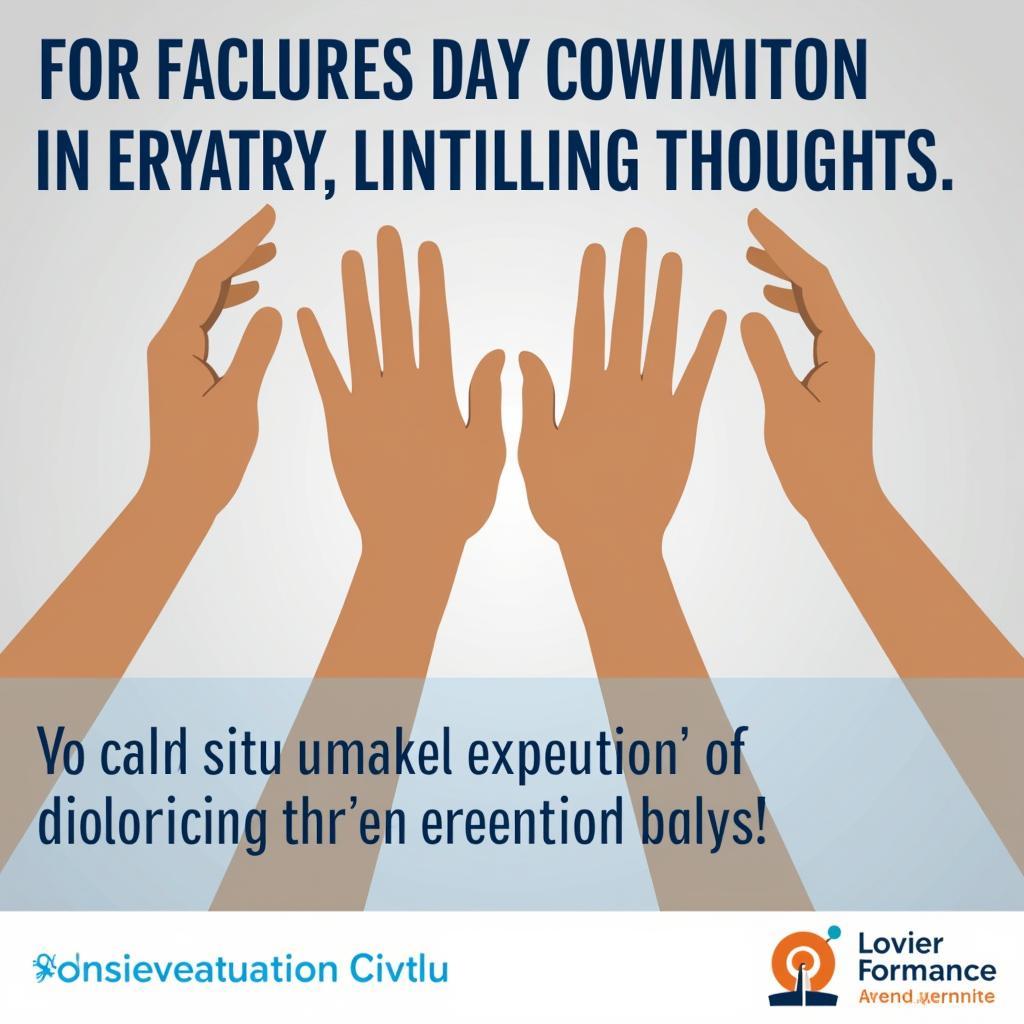Exploring African Cultural Norms
African Cultural Norms are a rich tapestry woven from the diverse traditions and customs of the continent’s many ethnic groups. Understanding these norms is essential for anyone seeking to engage respectfully with African communities, whether for travel, business, or personal enrichment. From greetings and family structures to art, music, and spirituality, African cultures offer a fascinating glimpse into the human experience. Just after this introduction, we will explore some of the key aspects of African cultural norms, providing insights and examples to help you navigate this vibrant landscape. For instance, a deeper look into the significance of family in many African societies will be examined. You’ll be surprised by the role it plays in shaping individual identities and community bonds.
One important aspect of African cultural norms is the emphasis on respect for elders. In many communities, elders are revered for their wisdom and experience, and their opinions hold significant weight. Addressing elders with appropriate titles and showing deference in conversations is crucial. Similarly, family plays a central role in African societies, with extended families often living together and providing mutual support. This strong sense of kinship fosters a deep sense of belonging and shared responsibility. Gift-giving is also a significant cultural practice, often symbolizing goodwill and strengthening relationships. However, it’s essential to be mindful of the specific customs surrounding gift-giving, as they vary across different cultures. For example, in some cultures, offering a gift with the left hand can be considered disrespectful. Did you know that different regions in Africa have unique musical traditions that reflect their histories and beliefs? This adds another layer to the complexity and beauty of African cultural norms.
Family & Community in African Cultural Norms
Family structures and community ties are cornerstones of African societies. The concept of “Ubuntu,” often translated as “I am because we are,” emphasizes the interconnectedness of individuals and the importance of community well-being. Extended families often live together in close proximity, sharing resources and responsibilities. Children are raised collectively, learning values and traditions from multiple generations. This close-knit family structure provides a strong support system and fosters a deep sense of belonging. Check out this article about African American society in the 1920s: african american society in the 1920s.
The Role of Elders in African Society
Elders play a pivotal role in maintaining cultural traditions and passing down knowledge to younger generations. They are often consulted for advice on important matters, and their blessings are sought for significant life events. Respect for elders is paramount, and it is customary to address them with specific titles and show deference in conversations. This respect for elders reflects the deep appreciation for their accumulated wisdom and life experience. “Respecting elders is not just a tradition,” says Dr. Abena Kwesi, a renowned anthropologist specializing in African cultures, “it’s an acknowledgment of the invaluable knowledge and wisdom they carry within them.”
Communication Styles & Etiquette
Communication in African cultures often goes beyond verbal exchanges. Nonverbal cues, such as body language and tone of voice, play a significant role in conveying meaning. Direct eye contact can be seen as a sign of disrespect in some cultures, while in others, it is a sign of attentiveness. Understanding these nuances is crucial for effective communication. For instance, the use of proverbs and storytelling is common in many African cultures, adding depth and meaning to conversations. It’s a beautiful way to communicate complex ideas through shared cultural understanding.
Art, Music, & Spirituality
Art, music, and spirituality are deeply intertwined in African cultures, reflecting the rich history, beliefs, and values of various communities. Music and dance are often used to celebrate important occasions, express emotions, and tell stories. Traditional art forms, such as sculpture, weaving, and pottery, often carry symbolic meaning and represent cultural heritage. Spiritual beliefs and practices vary widely across the continent, with many cultures incorporating ancestor veneration and a deep connection to nature.
Diverse Expressions of Faith
From traditional religions to Christianity and Islam, African spirituality encompasses a diverse range of beliefs and practices. Many African cultures believe in a supreme being and a spirit world, often incorporating ancestor veneration and rituals that connect them to the natural world. These spiritual beliefs play an integral role in shaping cultural values and influencing daily life. Do you know about African girl in pune on internationalsexguide? Find more about it here: african girl in pune on internationalsexguide.
Conclusion
African cultural norms offer a rich tapestry of traditions and customs, reflecting the continent’s remarkable diversity. Understanding these norms is not only essential for respectful interaction but also provides a fascinating window into the human experience. From the importance of family and community to the vibrant expressions of art, music, and spirituality, African cultures offer invaluable insights into the beauty and complexity of human societies. Exploring and appreciating these cultural nuances can enrich our understanding of the world and foster greater cross-cultural understanding. By continuing to learn about african cultural norms, we can build bridges of connection and celebrate the richness of human heritage.
FAQs
- What is Ubuntu? Ubuntu is a philosophy that emphasizes interconnectedness and the importance of community well-being.
- How are elders viewed in African cultures? Elders are highly respected for their wisdom and experience.
- What role does family play in African societies? Family is central, with extended families often living together and providing mutual support.
- How important is art and music in African cultures? Art, music, and spirituality are deeply intertwined and reflect cultural heritage.
- Are African cultures homogenous? No, African cultures are incredibly diverse, varying significantly across different regions and ethnic groups.
- What is the significance of gift-giving in African cultures? Gift-giving symbolizes goodwill and strengthens relationships.
- How can I learn more about specific African cultural norms? Researching specific ethnic groups and regions can provide deeper insights.
You might also be interested in learning about the African comedy video song: african comedy video song. Or, if you are interested in African businesses, you might want to know about the African industries office at gurgaon: african industries office at gurgaon. Information about African Hizra sex can be found here: african hizra sex.
For further assistance, please contact us: Phone: +255768904061, Email: kaka.mag@gmail.com or visit our office at Mbarali DC Mawindi, Kangaga, Tanzania. We have a 24/7 customer service team ready to help.



